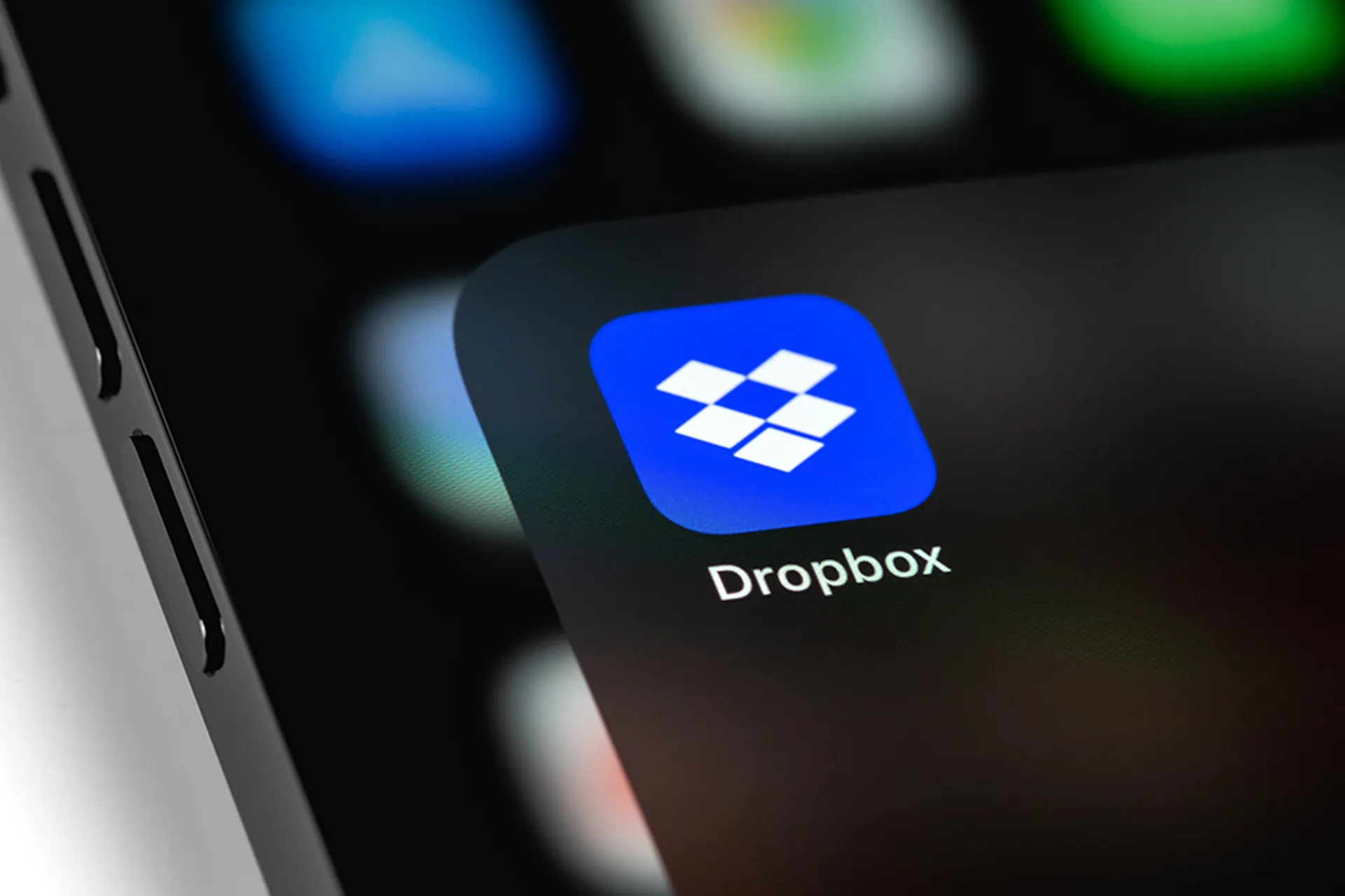
When it comes to managing employees’ use of personal applications in effort to keep their systems more secure, financial institutions fare the best in limiting the use of these non-work-specific interactions, according to recent research from Netskope.
Indeed, fewer than 1 in 10 financial industry users (9.6%) use personal applications on their work computers or their mobile devices, according to research released last week. In comparison, roughly 2 out of 5 retail sector workers (39.1%) use personal applications, according to Netskope’s research, cited in the firm’s “The Netskope Cloud and Threat Report: Cloud Data Sprawl.”
Across industries, more than 1 in 5 employees (22%) upload, create, share or store data in personal apps and personal instances, with Gmail, WhatsApp, Google Drive, Facebook, WeTransfer, and LinkedIn ranking as the most popular personal apps and instances, according to Netskope.
“A personal app, such as WhatsApp, is an app that only sees personal usage from personal accounts,” according to Netskope. A personal instance is “a personal account of an app that is also managed by the organization,” according to Netskope, adding that an example might be a personal Gmail account in an organization that uses Google Workspaces is a personal instance.
“Personal apps and instances are particularly concerning, since users maintain access to data stored in those instances even well after they leave an organization,” said Ray Canzanese, threat research director for Netskope Threat Labs, in a prepared release.
“Proactive security measures — especially policy controls that limit access to sensitive data to only authorized users and devices and prevent sensitive data from being uploaded to personal apps,” Canzanese added, “and personal instances — can help reduce the risks of loss or exposure of sensitive data.”



